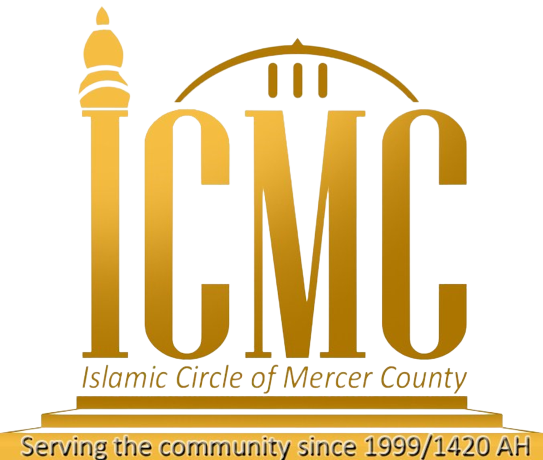Answer: Celebrating Thanksgiving, in the sense of gathering with family and/or friends, is permissible for Muslim Americans while being cognizant of other Islamic injunctions.
Explanation:
Thanksgiving as a day reserved for giving thanks is foreign to Islam. The Prophet ﷺ warned us from adopting the ways of non-Muslims:
مَن تَشبَّهَ بقَومٍ فهو منهم
Whoever imitates a people, he is among them. (Sunan Abī Dāwūd 4031)
However, not all practices initially foreign remain impermissible. In Mirqāt al-Mafātīḥ, Mulla `Alī al-Qārī further explains the hadith as applying to those aspects of a people that are particular to them. He says, “Distinguishing traits are what is intended by imitation and not other than it.”[i] When a trait is no longer specific to a group of people but adopted by an entire nation such that people of all religions practice them, it no longer falls under the purview of this hadith.[ii] Holidays like Thanksgiving are celebrated by most Americans – Muslim and other – such that it is not a distinguishing feature of any one group of people.
Thanksgiving in the United States is a national holiday with most businesses closed and people off from work and school. It is celebrated by meeting family and enjoying a meal and time together. As such, most Muslims enjoy the weekday off in the same way. Although Thanksgiving has some pseudo-religious roots among colonizing Europeans and Native Americans, its concept as a way of showing thanks to the divine is widespread throughout most cultures. Today, it is rarely to never seen as a holiday of any religious significance. Rather, it is seen as a way of bringing together people from varying cultural and religious backgrounds.
In this light, Thanksgiving is permissible (mubāḥ) if it is free of any impermissible elements like practices originating and particular to other religions, consuming impermissible foods, fighting among relatives, and the like. Introducing any such practices would alter an otherwise permissible act to an impermissible one. If an immigrant or a non-American celebrates Thanksgiving intending imitation of another group, then, too, it would be impermissible.
والله أعلم بالصواب
And Allah knows best,
Mufti Sulaiman Yusufi
Shaykh Mateen Khan
[i] (وَعَنْهُ) : أَيْ عَنِ ابْنِ عُمَرَ (قَالَ: قَالَ رَسُولُ اللَّهِ – صَلَّى اللَّهُ عَلَيْهِ وَسَلَّمَ – (مَنْ تَشَبَّهَ بِقَوْمٍ) : أَيْ مَنْ شَبَّهَ نَفْسَهُ بِالْكُفَّارِ مَثَلًا فِي اللِّبَاسِ وَغَيْرِهِ، أَوْ بِالْفُسَّاقِ أَوِ الْفُجَّارِ أَوْ بِأَهْلِ التَّصَوُّفِ وَالصُّلَحَاءِ الْأَبْرَارِ. (فَهُوَ مِنْهُمْ) : أَيْ فِي الْإِثْمِ وَالْخَيْرِ. قَالَ الطِّيبِيُّ: هَذَا عَامٌّ فِي الْخَلْقِ وَالْخُلُقِ وَالشِّعَارِ، وَلِمَا كَانَ الشِّعَارُ أَظْهَرُ فِي التَّشَبُّهِ ذُكِرَ فِي هَذَا الْبَابِ. قُلْتُ: بَلِ الشِّعَارُ هُوَ الْمُرَادُ بِالتَّشَبُّهِ لَا غَيْرُ، فَإِنَّ الْخُلُقَ الصُّورِيَّ لَا يُتَصَوَّرُ فِيهِ التَّشَبُّهُ، وَالْخُلُقَ الْمَعْنَوِيَّ لَا يُقَالُ فِيهِ التَّشَبُّهُ، بَلْ هُوَ التَّخَلُّقُ (مرقاة المفاتيح شرح مشكاة المصابيح)
